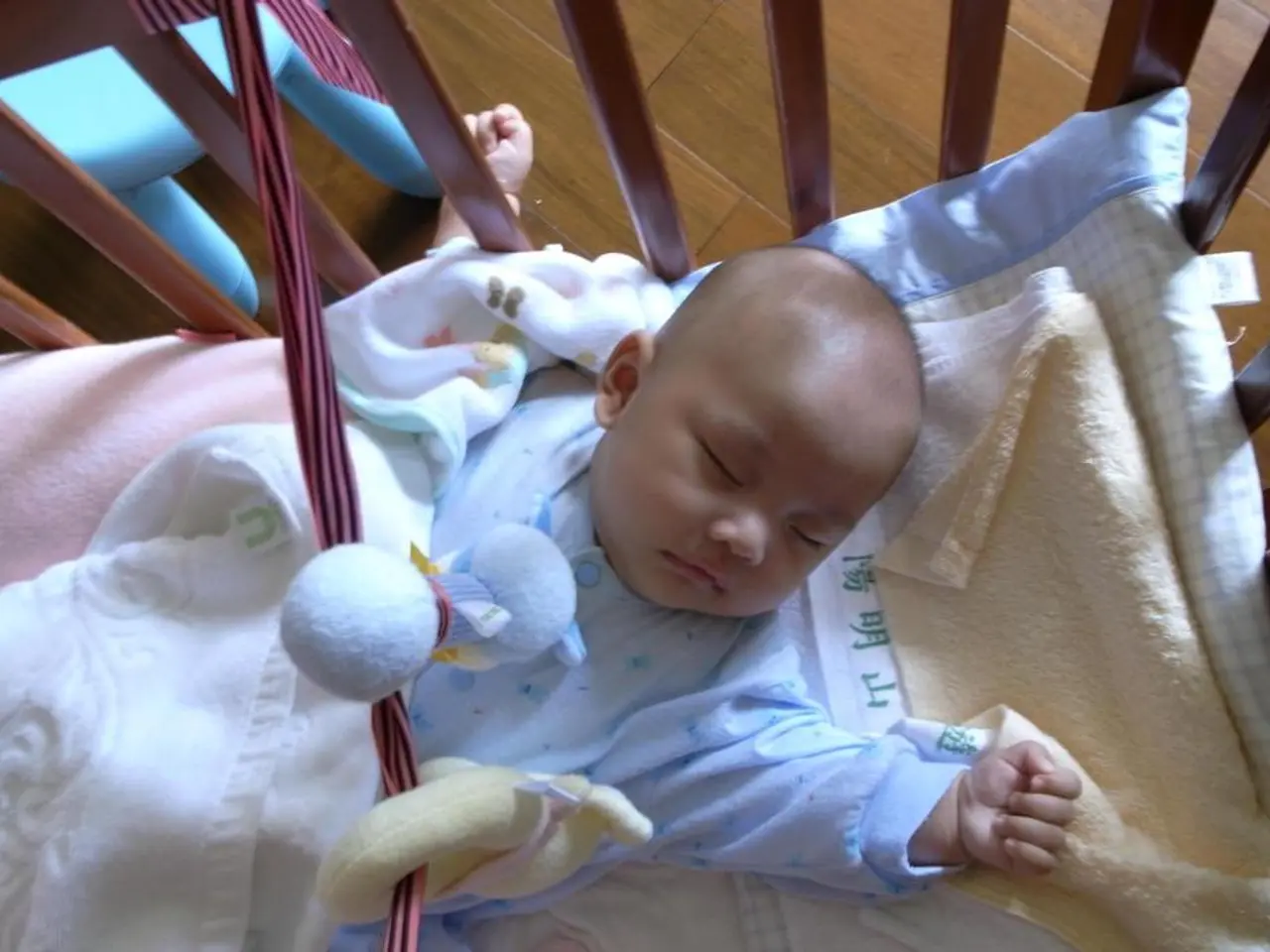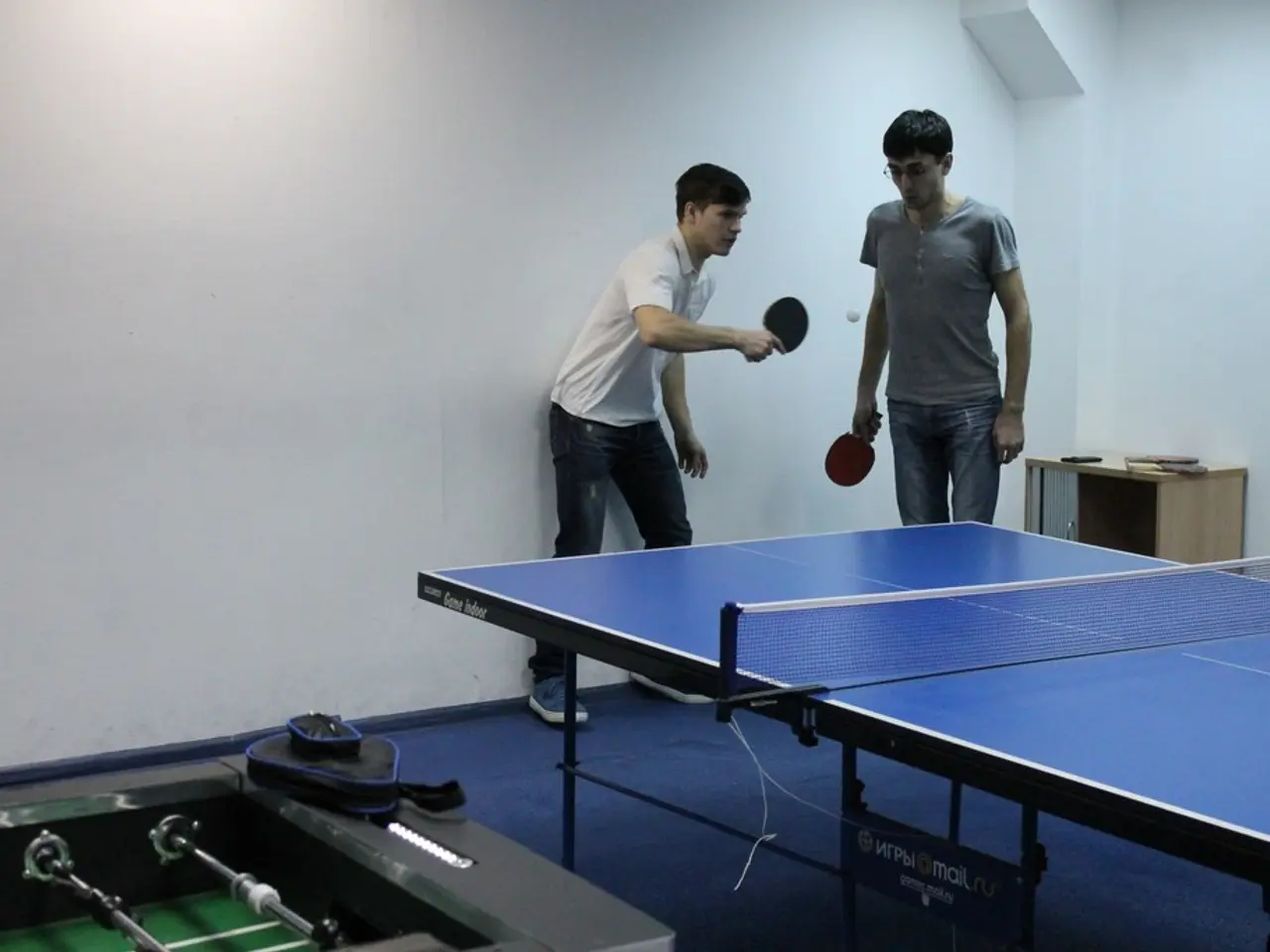Detailing the MLB All-Star Game's home run derby: Why weren't Aaron Judge, Shohei Ohtani, Cal Raleigh, and other power-hitters present?
In a historic first for Major League Baseball (MLB), the All-Star Game concluded with a thrilling swing-off tiebreaker on Tuesday night at Truist Park in Atlanta. The National League (NL) emerged victorious, securing a 4-3 win over the American League (AL).
The swing-off tiebreaker was introduced this year to avoid prolonged ties and conserve pitchers, and it proved to be a gripping finale. Each team selected three players and one alternate in advance for the swing-off, with the players required to agree to participate.
Kyle Schwarber, the MVP of the All-Star Game, was the star of the swing-off, going 3 for 3 and propelling the NL to victory. However, some power hitters were not included in the tiebreaker as managers were required to select players ahead of time who would participate if the game was tied after nine innings.
Dave Roberts, the NL manager and manager of the Dodgers, made a strategic decision to use Kyle Stowers as an injury replacement for Eugenio Suárez in the swing-off. On the AL side, Aranda was chosen as one of the participants.
The AL had a 6-0 deficit but managed to erase it in the final three innings, setting the stage for an exciting swing-off. Notably, Cal Raleigh, the MLB home run leader, was removed from the game before the swing-off and remained as an observer due to potential injury risks associated with asking him to participate after a prolonged period of inactivity.
Aaron Judge and Shohei Ohtani, both prominent power hitters, were not present for the swing-off as they had departed from the All-Star Game early. Bobby Witt Jr., a star AL player, was ready to participate in the swing-off but was not asked to do so.
The swing-off rules are outlined in Article XV(N)(4)(a) of the collective bargaining agreement. Schwarber, the swing-off MVP, expressed support for the rule, stating it reduces the risk of injury and additional innings.
The NL's victory marked the first time the All-Star Game ended in a tie and required a swing-off tiebreaker. The MLB's new rule has certainly added an exciting twist to the midseason showcase, ensuring that even ties result in a decisive conclusion.
The swing-off tiebreaker, a new rule in MLB, was employed for the first time in the All-Star Game to avoid drawn-out ties and safeguard pitchers. Kyle Schwarber, the MVP of the game, excelled in the swing-off, going 3 for 3 and securing a win for the National League. However, some power hitters were not included in the tiebreaker, as managers were obligated to select participants ahead of time. The NL manager, Dave Roberts, strategically employed Kyle Stowers as an injury replacement for Eugenio Suárez in the swing-off. The MLB home run leader, Cal Raleigh, was excluded from the swing-off due to potential injury risks associated with his prolonged period of inactivity. The new rule has undeniably introduced an exhilarating element to the midseason showcase, ensuring that even ties result in a decisive conclusion, as outlined in Article XV(N)(4)(a) of the collective bargaining agreement.








